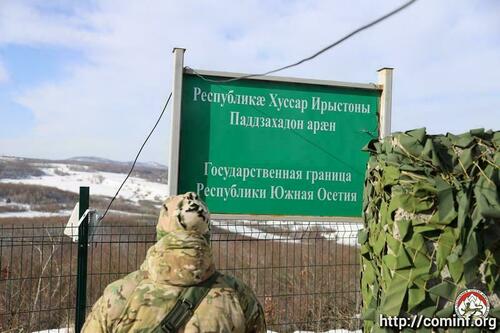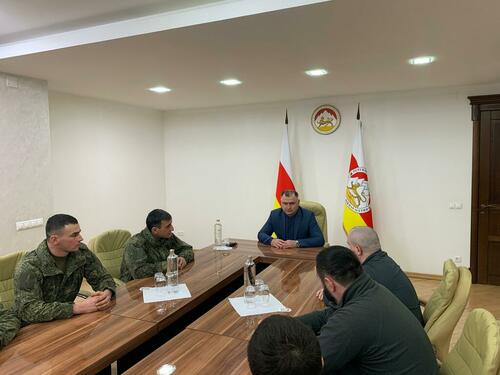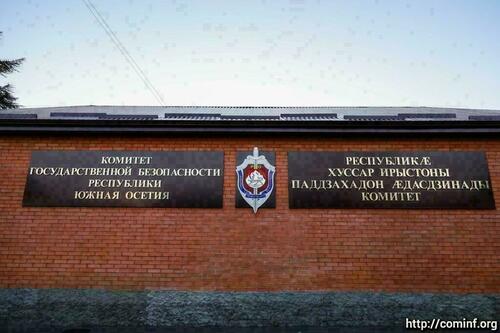One of the most significant milestones in the history of the struggle for the independence of South Ossetia was November 23, 1989. On this day, the Ossetian people were able to see manifestation of the Georgian provincial fascism. The significance of this date, when the ordinary residents of South Ossetia stopped tens of thousands of aggressive nationalists from all over Georgia, who had allegedly tried to hold a "peace rally" in Tskhinval, was discussed at a round table at the press center of the State Committee of Information and Press of the RSO.
Their memories of that day shared public figures, politicians, activists of the national liberation movement.
Honoured Doctor of the RSO Nicholay Dzagoev has recalled how on that day a huge motley crowd of members of extremist groups, informal militias, security forces and leadership of the Georgian SSR tried to enter the town.
"The news spread quickly that Georgians wanted to hold a rally in Tskhinval. We all knew that that was only a formal occasion to enter the capital, to begin the bloodshed. The residents of Tskhinval began to gather at the Zguder rock. By the time the Georgian crowd was stopped by several guys, first there were seven or eight persons, which were quickly joined by more and more residents, "- said Dzagoev.
He, along with three other activists met with the leaders of the nationalists who demanded to meet with representatives of the Ossetians.
"We told the then informal leader Zviad Gamsakhurdia, that their venture would lead to bloodshed. In response, he cried out that this was the Georgian land, and they could hold meetings anywhere they wanted, "- said Dzagoev.
Dzagoev is confident that if November 23, 1989 Georgian fascists had entered Tskhinval, today there would not have been any Ossetian here.
According to I convocation deputy of the Parliament of South Ossetia, one of the founders of the social movement "Adaemon Nykhas" Zoya Bitarti, the pressure on South Ossetia began long before 1989.
"In 1988, the authorities of the Georgian SSR issued a state program of development of the Georgian language, according to which in our institute Georgian language should be studied at all faculties. Earlier, South Ossetia had received typewriters with Georgian letters, indicating that all the paperwork must be carried out exclusively in the Georgian language, "- said Bitarti.
She has stressed that the struggle was not only for independent status, but also for preservation of the native language and culture, as Georgia had never stopped trying to assimilate or expel Ossetians from their native land.
MP Yuri Gabaraev urged not to forget the lessons of history, remember not only the tragic events of 1989-1992, 2008, because one of the bloodiest pages of the Georgian-Ossetian relations was genocide in the 20-ies of the last century.
"We must do everything so that the rising generations remember those bloody events how treacherous and cruel is our southern neighbor," - he said.
The round table participants were unanimous in the opinion that all of the evidence and the memories of eyewitnesses and direct participants in those events should be collected and published in periodicals and private collections.






